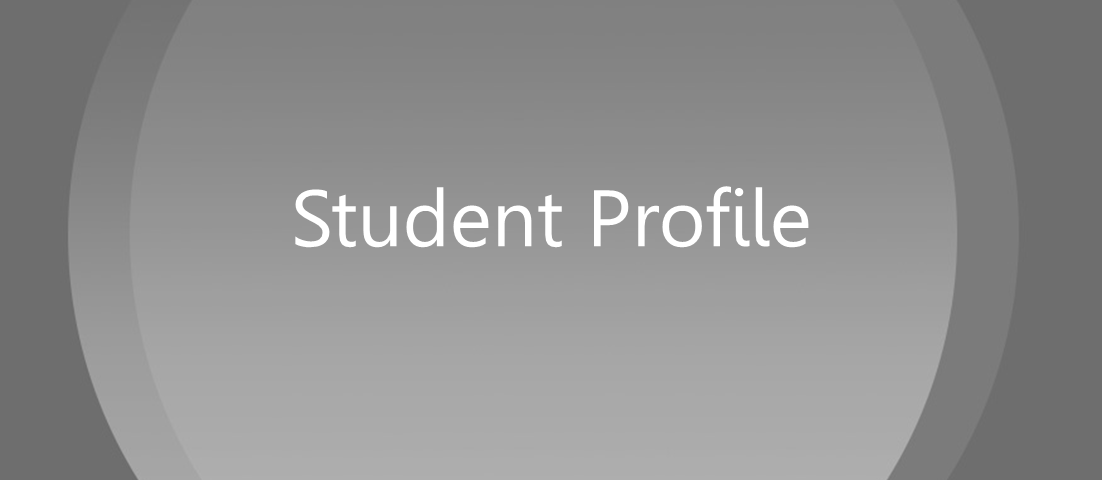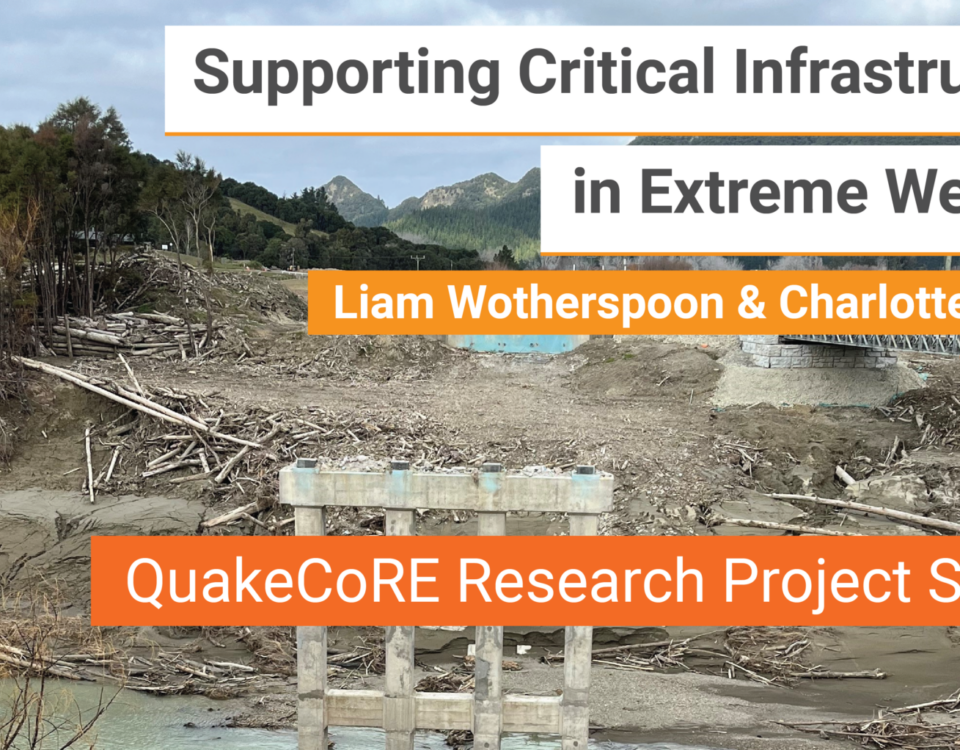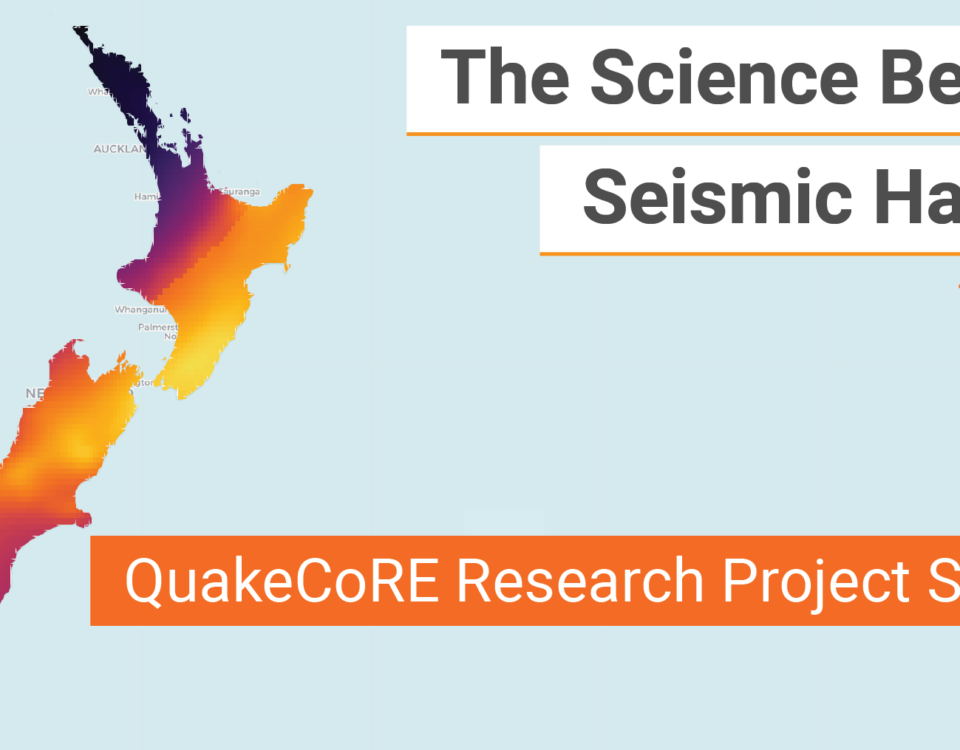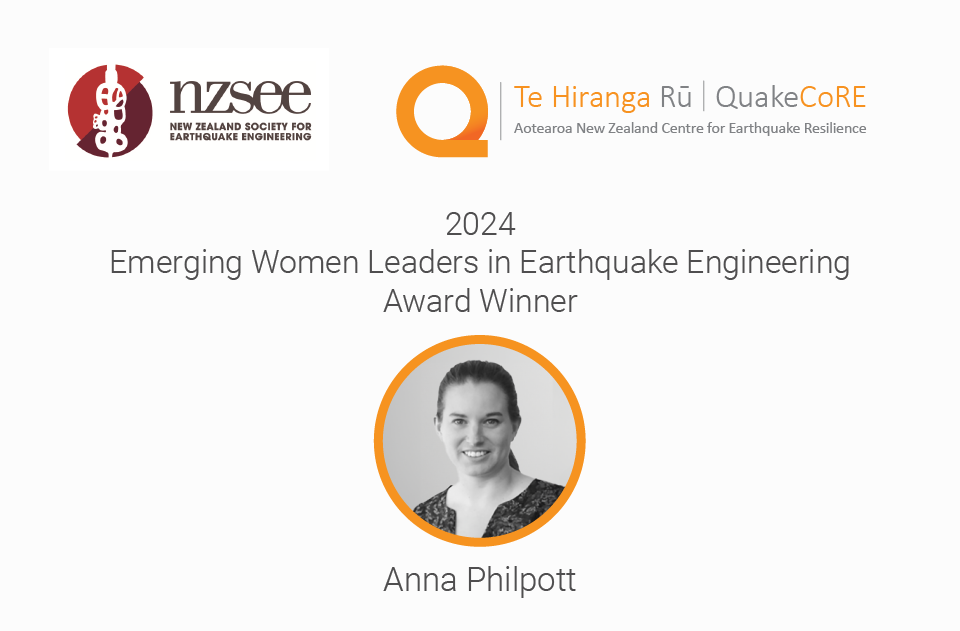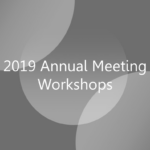
Workshops Aligned to the QuakeCoRE Annual Meeting 2019
June 1, 2019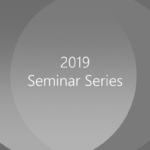
QuakeCoRE Seminar – 12 July 2019
June 28, 2019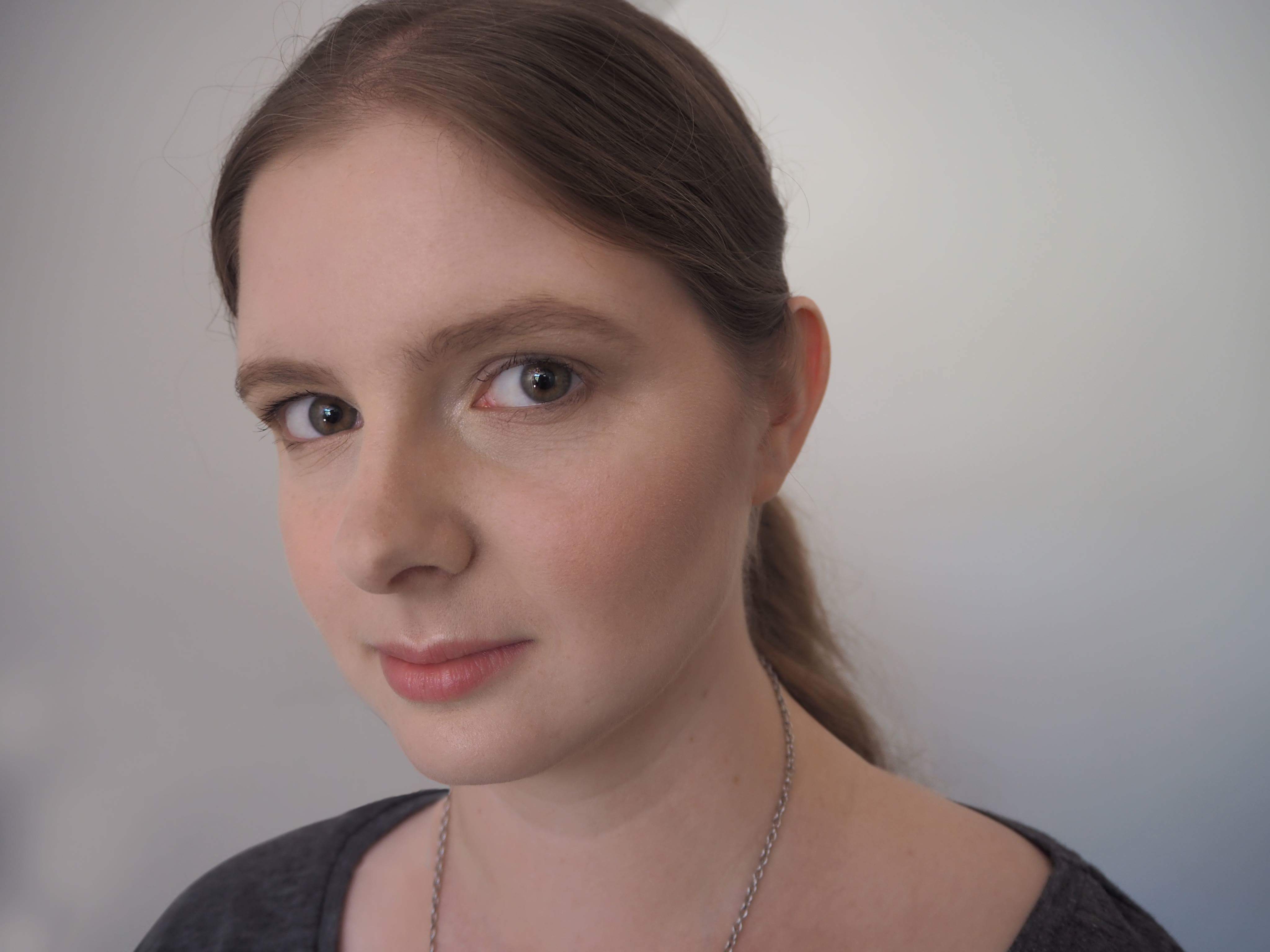 Lauren Vinnell
Lauren Vinnell
My general background is understanding the social factors which affect peoples-™ behaviour. My current work, as part of the National Science Challenge: Resilience to Nature-’s Challenges, focuses on understanding why some people are more likely to prepare their homes for natural hazards than others. While factors such as cost and time are important for some actions, we don-™t usually find these as the biggest barriers for most recommended actions. Commonly, people tell us that they haven-™t prepared because they simply haven-™t gotten around to it – that is, they procrastinate. There are all sorts of reasons why people might put off making their emergency kit, or making a stockpile of non-perishables. In order to help people to not procrastinate we need to delve further and understand why it is people keep putting off their natural hazard preparation. To do this I am using the Theory of Planned Behaviour, which proposes that the best predictor of someone-’s behaviour is their intention to carry out that behaviour. Our intentions are formed by our attitudes about the behaviour, whether we think the behaviour is common and approved of within our social group, and our perception of the control we have over undertaking the behaviour. Working out which of these factors are important is the first, major phase of my PhD. The second phase is to test simple strategies to nudge peoples-™ thoughts and beliefs about natural hazard preparation in the -˜right-™ direction, as well as ways to encourage people to act on their intentions to prepare. Ideally, these strategies can then be included in public education campaigns. I am also part of a team evaluating the effectiveness of NZ-’s ShakeOut earthquake and tsunami drill, I am working on a bibliography of social science research on earthquakes in Wellington as part of QuakeCoRE-’s Flagship Five programme, and I am managing editor of the Australasian Journal of Disaster and Trauma Studies, which is releasing a special issue this December on pathways to earthquake resilience (with Wellington as a case study) in collaboration with QuakeCoRE.
As well as my research, I am the co-chair of Wellington-’s QuakeCoRE Emerging Researchers Chapter. This role involves organizing regular meetings and events for the chapter members, where we focus on knowledge and skills sharing, networking for collaboration, and giving advice on any and all aspects of the PhD journey. We-™re a smaller community than the other chapters (Auckland and Canterbury) but we are strongly connected. Highlights since I-™ve been in this role include an incredibly therapeutic and productive writing retreat, helping to organize the 2019 Disastrous Doctorates conference/workshop (generously part-funded by QuakeCoRE), and contributing to the planning of student events at the QuakeCoRE annual meetings. Last year, we held a lunch for female students and early-career researchers to have an informal discussion with women working in the field about some of the unique challenges and opportunities they-™ve experienced. The high calibre of attendees at the annual meeting meant that we were able to get fantastic mentors to engage with our students.


